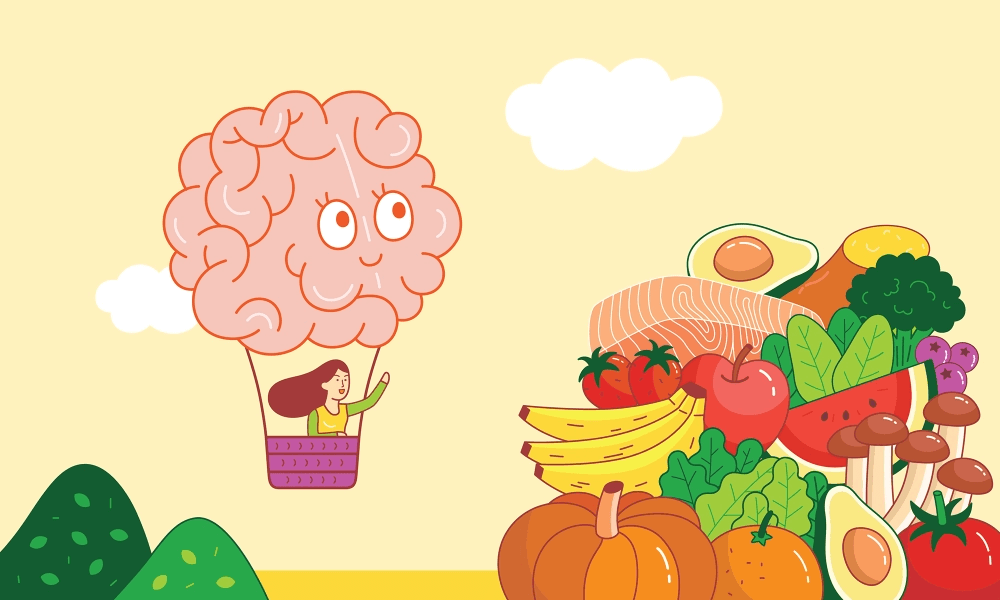

As we age, our memory often declines, making it difficult to remember important details and events. However, recent research has suggested that consuming antioxidant flavonols can help reduce the rate of memory decline.
Flavonols are a type of antioxidant found in many fruits and vegetables, such as apples, berries, and spinach. These antioxidants have been shown to have a range of health benefits, including reducing inflammation and improving cardiovascular health.
In a study published in the journal Nature Neuroscience, researchers found that consuming high levels of flavonols was associated with a slower rate of cognitive decline in older adults. The study followed over 2,800 participants over a 20-year period, measuring their flavonol intake and cognitive function.
The results showed that those who consumed the highest levels of flavonols had a 50% slower rate of cognitive decline compared to those who consumed the lowest levels. Additionally, the study found that those who consumed flavonols from tea had a particularly strong protective effect on cognitive decline.
While more research is needed to fully understand the relationship between flavonols and cognitive decline, the results of this study suggest that consuming a diet rich in flavonols may help slow the rate of memory decline as we age.
So how can you increase your flavonol intake? Incorporating more fruits and vegetables into your diet is a great place to start. Berries, apples, grapes, and citrus fruits are all high in flavonols. Additionally, tea – particularly green tea – is a good source of flavonols.
Overall, while memory decline is a natural part of aging, consuming a diet rich in flavonols may help slow the rate of decline and support overall brain health. So next time you’re reaching for a snack, consider opting for a piece of fruit or a cup of tea to give your brain a boost.



